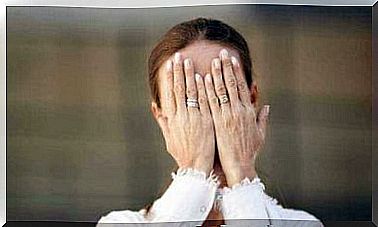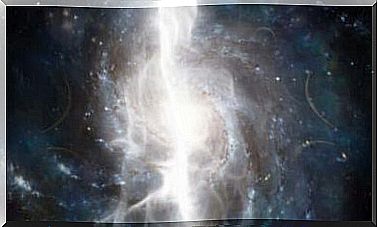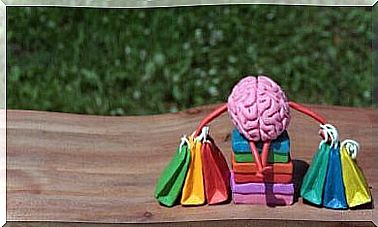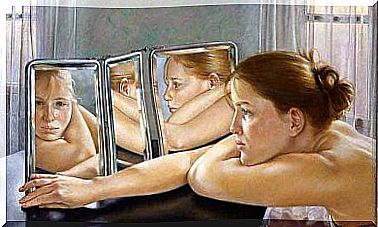Friedrich Hegel, Idealist Philosopher
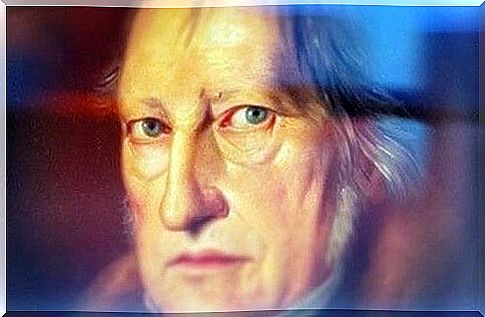
Georg Wilhelm Friedrich Hegel marked a before and after in the philosophical thought of Western Europe and even Russia in the nineteenth century. An admirer of Plato, Descartes and Kant, German idealism reached its maximum expression with him; the most interesting aspect is that with Hegel we speak of a great development in the theory of the evolution of consciousness.
If there is one thing most of us know is that reading Hegel is not easy. His best known book, the Phenomenology of the Spirit (1807), is a demonstration of this rigid intellectual heritage, dense but decisive for the so-called historical dialectic.
At the same time, it must be said that there are many who have seen in his theses (such as that on the definition of the state) the basis of those more radical thoughts that have been the source of inspiration for German nationalism. Hitler himself, for example, found in Hegelian philosophy a sort of justification for his work in reading phrases such as “only the Germanic world, as the incarnation of true Christianity, represents authentic freedom”.
However, Hegel was much more than that. His thought was like a fuse that has illuminated and generated an infinite number of theoretical and philosophical reactions over time. Over time it has inspired Marxist materialism, founded the foundations of Søren Kierkgaard’s pre-existentialism, Friedrich Nietzsche’s metaphysical concept and even Theodor W. Adorno’s negative dialectic.
It was, essentially, that philosopher who gave us the stimulus to think that between ourselves and the world there are no barriers, that we are architects of our own truth. He also introduced the concept of dialectics to explain to us that history and our thinking are the result of the continuous movement between solutions and contradictions.
Life of an Academician Admired by His Pupils
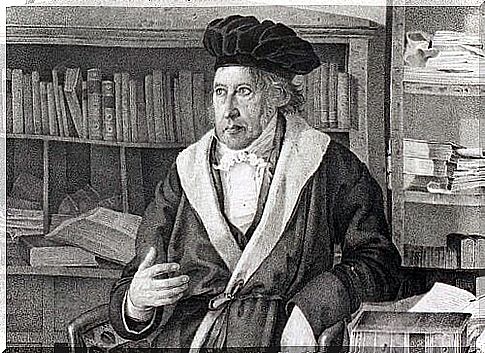
Georg Wilhelm Friedrich Hegel was born in Stuttgart on 27 August 1770. From a Protestant and wealthy family, he always surrounded himself with the most advanced German cultural environment of the 19th century. He made friends with landmarks of the time such as Friedrich von Schelling or the poet Friedrich Holderlin. At the same time, and from the very beginning, he was always an avid admirer of the works of Immanuel Kant and Schiller.
He studied philosophy and theology at the University of Tübingen and after receiving the inheritance of his deceased father, he devoted himself fully and calmly to the academic world after presenting his thesis “Planetary orbits”. In a short time he obtained a professorship and earned the opportunity to deepen also other areas of knowledge, such as mathematics, logic or law.
In 1807 he published the Phenomenology of the Spirit , in which aspects such as the sense of consciousness, perception and knowledge are deepened. The work emphasizes the one thing that is true for Hegel, which is reason. Given the importance of this work, in a short time he was also called by other universities to train students in Heidelberg or Berlin.
Friedrich Hegel, success and cholera
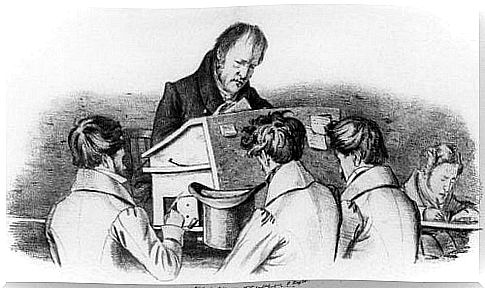
His lessons were famous throughout Europe. His students said he was capable of giving an answer and a profound meaning to anything. They also said that his mind was that of a titan of knowledge and that he must be just like the Plato of Ancient Greece.
His analysis of the philosophy of law and the state system caused many to want to delve into his different approaches, theories and dissertations. The cultural elite and the political class of the time saw in him a point of reference from which to learn and to inspire, as did Karl Marx in his time. However, he failed to feel the impact of his work.
Friedrich Hegel died on November 14, 1831 of cholera. His disciples will then be in charge of handing down his writings and notes on all the knowledge that the philosopher had deepened: history, religion, aesthetics ..
Hegel’s philosophy
Hegel was best known for introducing history into philosophy. Until that moment, philosophical discourses were based on a void, from an entelechy where to reach the sense of truth without counting on the reference point which is the social facts.
Historical events such as the French Revolution marked Hegel’s speech more, as did the change of mentality that reigned in Europe at the time. Concepts such as freedom consequently acquired that decisive importance of which Friedrich Hegel was the representative.
Let us now look at the main concepts of his philosophical heritage.
Idealism
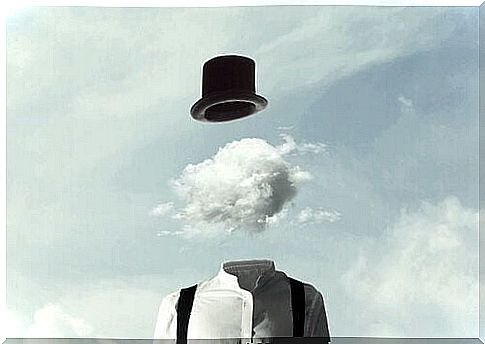
When it comes to Hegel, it is easy to define him as the essence of German idealism. But what does it mean? Idealism is a philosophical theory that defends the following:
- Ideas are the most important thing and they can exist independently.
- What surrounds us would not exist if someone did not perceive it and were not aware of it.
- For Hegel the world is beautiful, it is metaphysically perfect, because beauty itself symbolizes reason.
At the same time, and within this framework, he often argued that happiness does not have to be the main goal of the human being. The most important aspects are knowledge and reason.
The dialectic
Hegel defined reason as a dialectical process. A person can affirm a fact and then deny it, to later overcome this contradiction. In this way, the dialectical movement develops, according to him, in the following passages:
- Thesis : affirmation of an idea.
- Antithesis: the denial of one’s own thesis.
- Summary: overcoming the formulated contradiction.
Freedom
Hegel thought that authentic freedom had to start with the state. This is how the individual can feel fulfilled and acquire a genuine sense of dignity. That is to say, the human being needs a regulatory framework to which “submit”.
Within this Hegelian scheme, it is through Christianity that the person manages to achieve true freedom. As we can assume, these ideas have subsequently influenced several approaches.
The logic
If we talk about philosophy, it is essential to delve into the area of logic. And within it it is mandatory to understand Hegel’s most famous thesis: contradiction. According to this principle, a thing is in itself and is not different from itself.
That is to say: we all change, because we all transform and pass from one state to another reality as a result of vitality, of change. Life itself is a constant contradiction.
Aesthetics
Hegel made an interesting distinction between natural beauty and artistic beauty. The first refers to what is most refined, because it is authentic, it is free and represents the natural spirit of things. The second, artistic beauty, is what creates the spirit and what allows us an aesthetic research aimed at the acquisition of knowledge.
Friedrich Hegel is one of the benchmarks of philosophy today. Admired by many, but also criticized by others, perhaps for his theory of the German state and idealism or Eurocentrism. There are also those who look at him with caution, due to the complexity of his texts.
However, his ideas marked a key moment in Europe. Today, books such as the Phenomenology of the Spirit are still almost compulsory reading.

